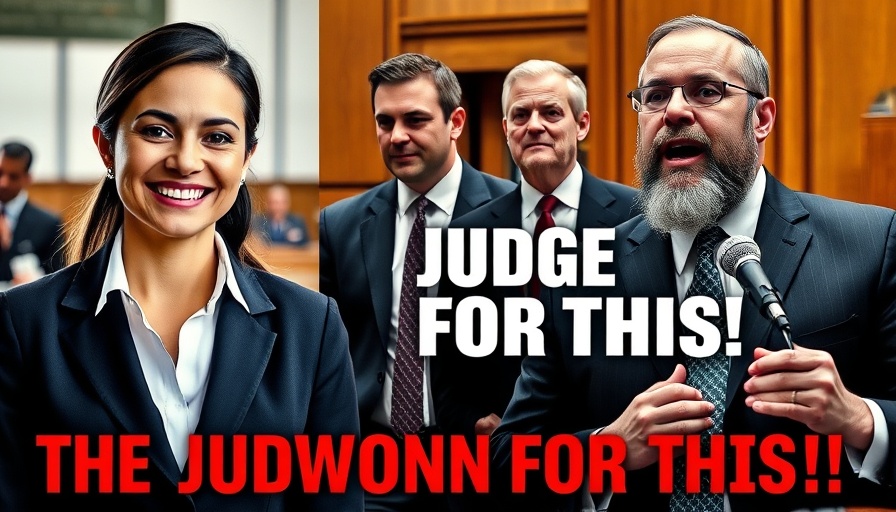
A Controversial Release: The Case of Carmelo Anthony
The case surrounding 17-year-old Carmelo Anthony has captivated national attention, especially after the recent decision to reduce his bond from $1 million to $250,000. Accused of fatally stabbing another teenager, Austin Metaf, during a track meet in Frisco, Texas, Anthony's situation raises profound questions about youth violence, race, and the American legal system.
In Karmelo Anthony RELEASED After Judge REDUCES BOND As Family RAISES $430K, the details surrounding Anthony's bond reveal its implications for discussions on violence, race, and justice.
The Complexity of Bond Decisions
In setting the bond amount, District Court Judge Angela Tucker had to weigh several factors, including Anthony's lack of a prior criminal record. While the reduction seems reasonable in the context of his history, many feel that the nature of the crime complicates this decision. Accusations of murder following a fight are serious, yet, as some argue, the judge's ruling highlights a flawed aspect of our legal system, where the initial bond was viewed as excessively punitive.
Exploring the Race Connection
The reaction to this case is intensely polarized, with discussions veering into the realm of race. Some commentators argue that the support Carmelo Anthony has garnered reflects a deeper issue within communities regarding crime and justice. This raises an important dialogue about how race may impact perceptions of guilt and innocence and the societal obligations to support youths embroiled in violence, intentional or not.
The Broader Implications for Youth Violence
Each tragic incident involving youth violence not only leaves a mark on families but also resonates throughout the community. The deaths of young individuals like Austin Metaf prompt a necessary examination of societal factors contributing to violence among youth. Are schools, families, and communities doing enough to address these risks? The financial support garnered for Anthony further indicates a community divisiveness that could harm collective efforts to minimize youth violence.
Why This Case Matters
For conservatives and community leaders alike, examining the Carmelo Anthony case offers essential insights into how we might better protect our neighborhoods from violence while ensuring that justice is served equitably. It reveals fundamental discussions about accountability, understanding the roots of crime, and the importance of fostering environments where violence is less likely to occur.
If we are to see change within our communities, it's crucial to engage in these conversations. Learning from this case, we need to ensure that we foster discussions about crime, justice, and community support for all families—regardless of race. Perhaps it is time we reflect on our patriotism, our values of democracy and freedom, and advocate for a united platform that addresses these issues without bias.
 Add Row
Add Row  Add
Add 




 Add Row
Add Row  Add
Add 

Write A Comment